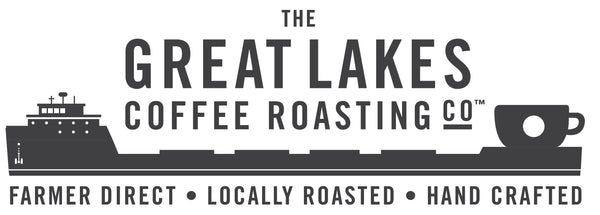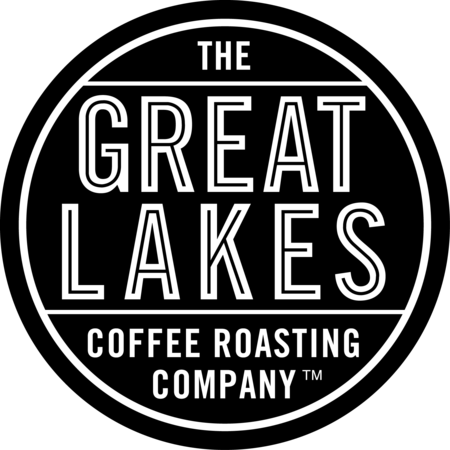Consumers are becoming more concerned with sourcing, and with good reason. The trend is turning toward sustainable, humane, and healthy foods. The same goes for coffee. For coffee beans there are certifications for fair trade, organic, rainforest allied, the list goes on. It’s difficult to know exactly which products do the most good. Certification seals, such as fair trade and organic, are intended to guarantee standards to consumers who don’t have the time to research every little purchase. However, there is a lot to know about this topic before subscribing to the seal.
One of the original widely spread certifications was organic. This certification had its genesis in the 1990 Farm Bill passed by congress. The general pillars of the organic standard are to preserve biodiversity, conserve natural resources, and use only approved substances. To become certified, farms must go through a third-party certifying agent. The certifier functions like a contractor and inspects the farm. They will charge a membership or application fee of up to $600 in addition to inspection fees and an annual certification fee. For many of our coffee farmers, certification is incredibly difficult to obtain.
Even those farmers who are not certified still practice biodiversity, conservation, and use of sustainable substances. After all, good coffee only grows in the shade, requires hand picking, and receives natural fertilizer. This is how the farm was handed down to our growers from their families and it’s how they will hand it down to their children.
Fair trade certification is one that comes at no cost to the farmer. That being said, it does require a third party to go out to the farm. Because of the lack of homogeny in the coffee growing industry it is difficult and often impractical to certify certain small-lot growers. Most Ethiopian farms, for example, are only a few acres in size and contribute to a larger, centralized mill. In these mills it is impossible to track which farms are in a day’s lot.
For all these reasons, we have chosen to work toward authenticity and excellence in another way. One of our pillars as a company is Relationships. You’ll see “farmer direct” on our bags. This isn’t a certification, just a literal statement. We meet our farmers directly, pay a fair price, and watch their business and families prosper.
When we are unable to visit, we rely on our importer to relay specifics about the farms. We have developed personal relationships with those individuals as well. Everything the importer offers is specialty grade. The demand for specialty coffee creates a natural premium-pricing imperative for buyers. The premium pricing on specialty coffee is how farmers go from surviving to thriving.
It’s dizzying to decode all the labels and seals out there. That’s why we choose to know our dairy farmers, our coffee growers, and our importers. We’d rather deal with a person than the ever-changing landscape of seals and buzzwords. Our relationships are the heartbeat of our company. Without trust and transparency our model would fall apart. We wouldn’t have it any other way. In an industry polluted by marketing gimmicks, we’ve always chosen to stay rooted.



